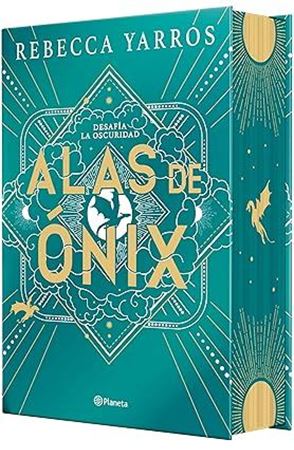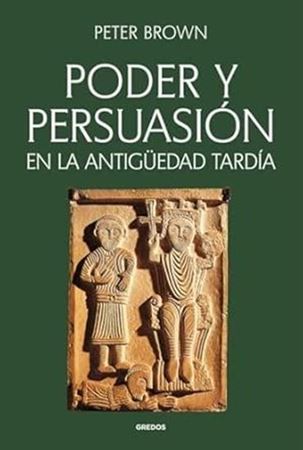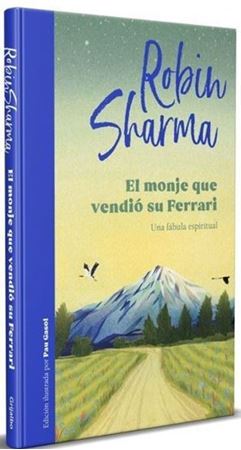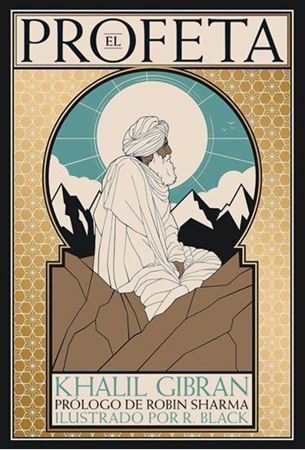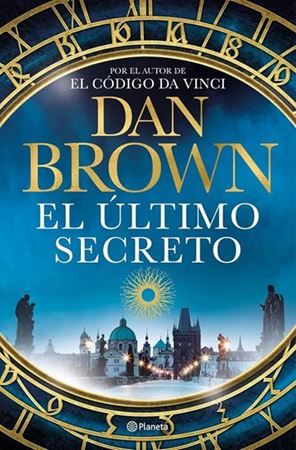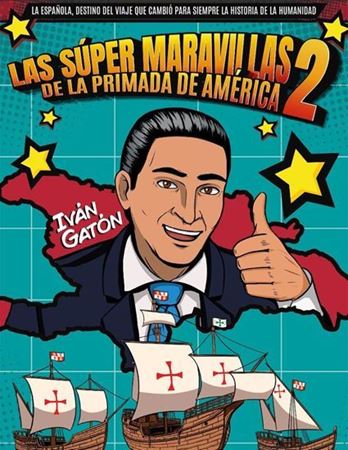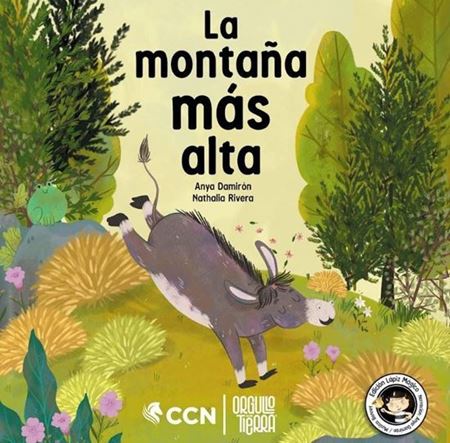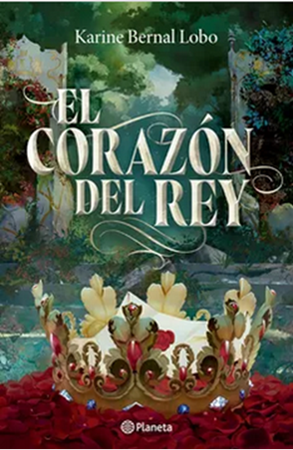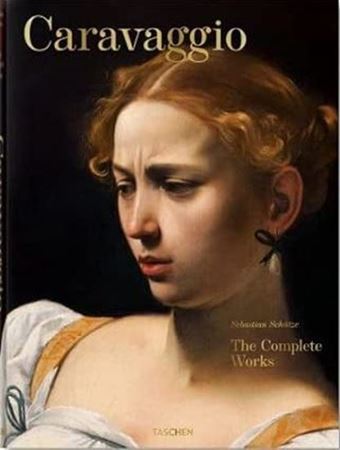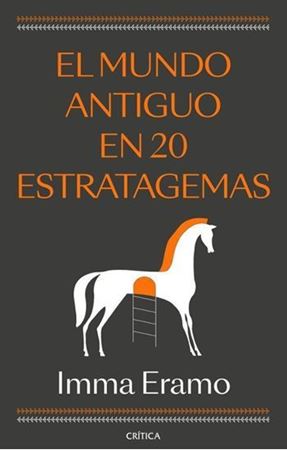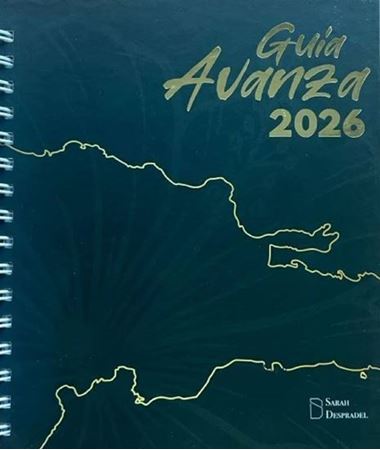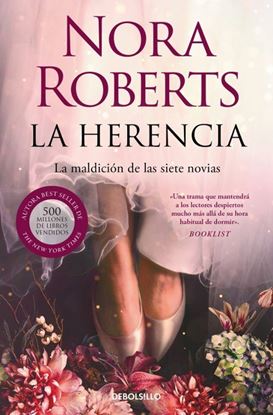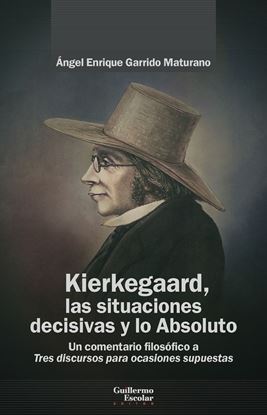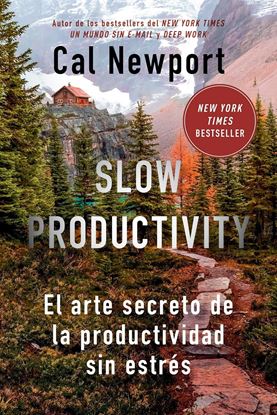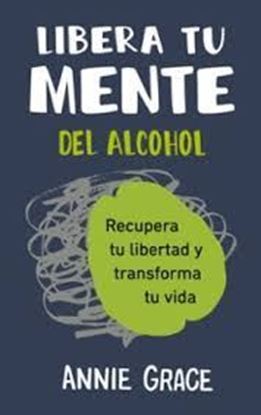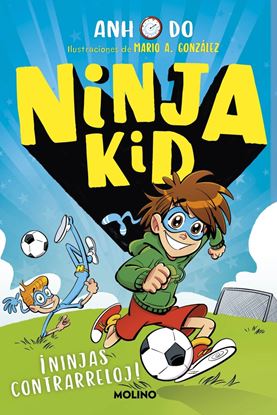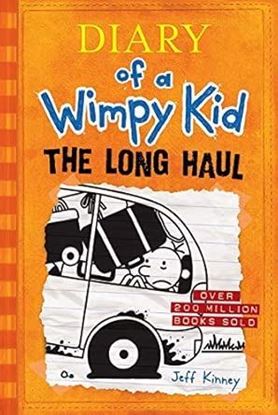

NOVEDADES
LA HERENCIA (MALDICION 1) (BOL)
Sonya recibe la noticia de que su difunto padre tenía un hermano gemelo poco después de romper su compromiso matrimonial y perder su trabajo, así que, cuando descubre que su tío desconocido le ha dejado en herencia una mansión victoriana en la costa de Maine, decide instalarse en ella para descubrir por qué los niños fueron separados al nacer y la razón por la que todo se mantuvo en secreto.
La joven no tarda en darse cuenta de que en la casa ocurren cosas muy extrañas. Trey, el abogado amigo de la familia que la ayuda a instalarse, le confirma que el lugar está embrujado y le habla de Astrid, «la primera novia perdida», cuyo retrato decora el despacho de su tío. Sonya también ha heredado una maldición centenaria y un enigma que debe resolver para romperla.
995
796
KIERKEGAARD,LAS SITUACIONES DECISIVAS.
Este libro ofrece al lector en lengua española el primer comentario integral a los célebres Tres discursos para ocasiones supuestas de Søren Kierkegaard.
Ángel Enrique Garrido Maturano no articula esta tarea por los senderos previsibles: no elabora un estudio filológico, asentado sobre las bases de la vieja crítica textual, que sea rico en detalle positivos sobre fuentes, influencias, varian- tes, etc.; pero tampoco nos ofrece –a contracorriente de ciertas lecturas de los textos del filósofo danés– un relato edificante, confesionalmente concernido, sobre una cierta modulación del cristianismo por la que se abogaría.
La intención del autor es, por el contrario, ente- ramente filosófica: su lectura indaga, de modo fenomenológico y no confesional, en las tres situaciones decisivas de la existencia con las que se confronta –y nos confronta– el pensamiento de Kierkegaard: el tener que reconocerse a sí mismo tal cual uno es, expresado en la confesión, el amor al otro tal cual ese otro es, expresado en el matrimonio, y la muerte inexorable.
995
796
SLOW PRODUCTIVITY
Haz menos cosas. Trabaja a un ritmo natural. Obsesionate con la Calidad. ~ Del autor del bestseller del New York Times Minimalismo digital y Trabajo profundo, una filosofía innovadora para conseguir logros significativos evitando la sobrecarga. Nuestra definición actual de "productividad" no funciona.
Nos empuja a tratar la sobrecarga de trabajo como un sustituto del esfuerzo útil, lo que nos lleva a listas de tareas imposiblemente largas y a reuniones incesantes. Estamos abrumados por todo lo que tenemos que hacer y al borde del agotamiento, y nos vemos obligados a decidir entre ceder a la cultura del estrés o rechazar por completo la ambición. Pero, ¿son realmente éstas nuestras únicas opciones? Mucho antes de la llegada de las bandejas de entrada y las agendas saturadas, los filósofos, científicos, artistas y escritores más creativos e impactantes de la historia dominaban el arte de producir un trabajo valioso y duradero. En este libro oportuno y provocador, Cal Newport aprovecha la sabiduría de estos trabajadores del conocimiento tradicionales para transformar radicalmente nuestros trabajos modernos. Desde el replanteamiento radical de la planificación de la carga de trabajo, pasando por la implantación de cambios estacionales, hasta la reorientación del rendimiento hacia la calidad a largo plazo, la Slow Productivity ofrece una hoja de ruta para escapar de la sobrecarga y llegar, en cambio, a un enfoque más atemporal de la búsqueda de logros significativos. El mundo laboral necesita una nueva revolución. La productividad lenta es exactamente lo que necesitamos.
995
796
LIBERA TU MENTE DEL ALCOHOL
¿Qué pasaría si el alcohol dejara de tener poder sobre ti?
En Libera tu mente, Annie Grace desmonta los mitos sobre el alcohol y su impacto en la sociedad, mostrándote cómo cambiar tu mentalidad de forma natural, sin culpa ni lucha interna. Con un enfoque innovador basado en la neurociencia, la psicología conductual y su propia experiencia personal, este libro te guía para liberar tu mente del deseo de beber y recuperar el control de tu vida.
995
796
¡NINJAS CONTRARRELOJ! (NINJA KID 16)
¿Los ninjas pueden RETROCEDER EN EL TIEMPO?
¡Es el CUMPLEAÑOS de Kenny! El día perfecto para probar el nuevo invento de la abuela: ¡LA PULSERA REBOBINADORA!
Nelson y Kenny no pueden creen lo ASOMBROSA que es. ¡Pueden arreglar cualquier situación en UN INSTANTE!
¿Pero será suficiente para ENFRENTARSE a todos los desafíos que les esperan y hacer que sea el día MÁS PERFECTO DE SU VIDA?
995
796
THE LONG HAUL (DIARY OF A WIMPY KID 9)
A family vacation is supposed to be a lot of fun . . . unless, of course, you’re the Heffleys.
Gas station bathrooms, crazed seagulls, a fender bender, and a runaway pig—not exactly Greg Heffley’s idea of a good time. But even the worst road trip can turn into an adventure—and this is one the Heffleys won’t soon forget.
995
796

